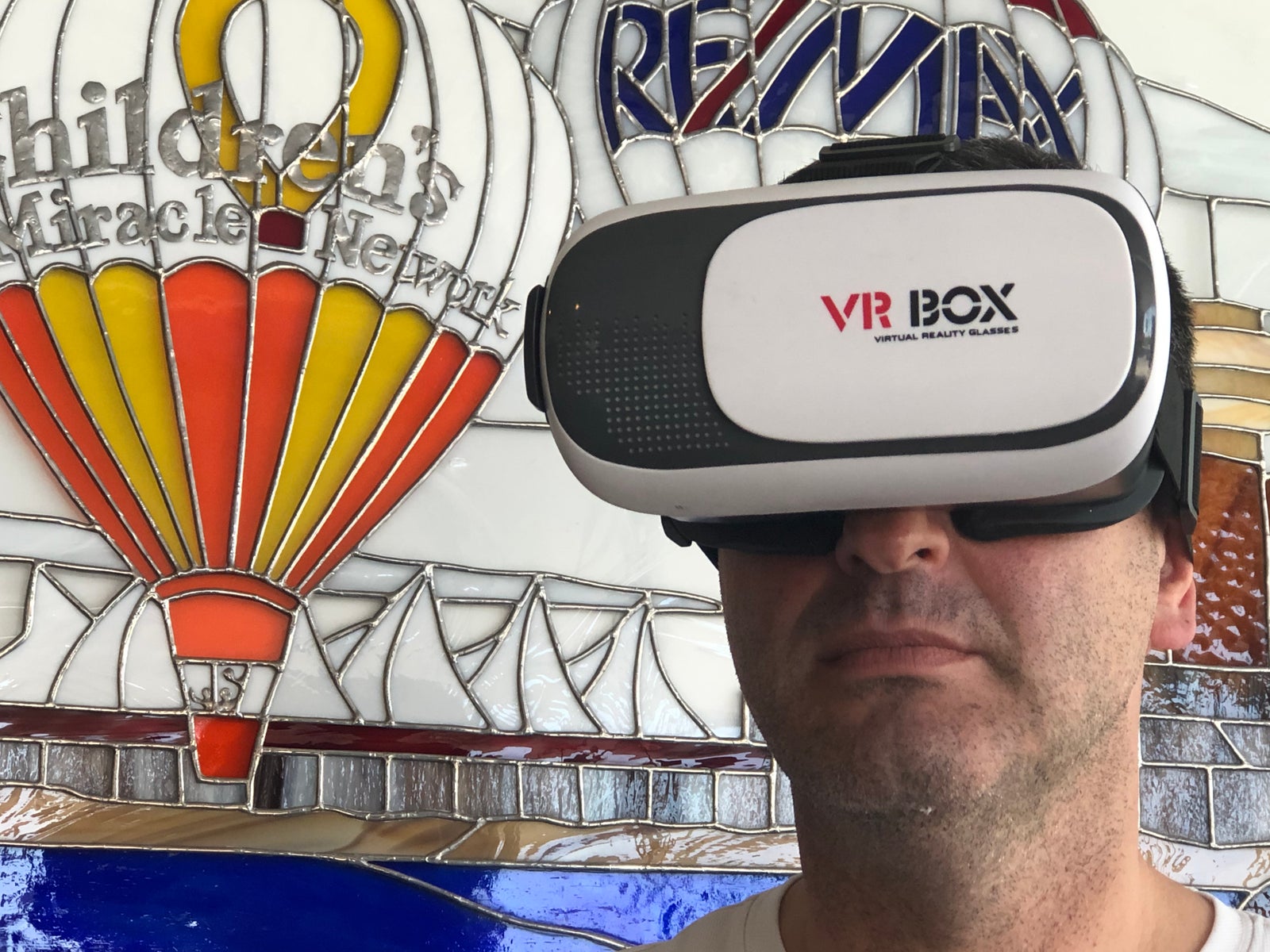
Our world is changing so fast that it is hard not to look into the future. Ten years ago, I wasn’t sure if by 2020 we would have own R2-D2 to aid our life. Post pandemic there are so many answered questions for many industries including real estate and I always wonder if we would be able one day to add a house to the shopping cart on Amazon in 2030.
2018, there was the first AI-driven (artificial intelligence) real estate transaction, acquiring two multi-family buildings in Philadelphia for $26 million. This was a result of analyzing tens of thousands of data points to define the ideal property. The real estate industry is in the infancy as far as artificial intelligence but, do not be surprise if by 2025 a computer generated data will tells you which is the right house for you based on all info available about you. Leave comment below if disagree
Let’s us look where we are now and what are the key findings in the future.
Real estate is an emotional and personal investment. Most people need to have the unique human feeling about being comfortable in a space where they are going to live. One cannot get such feeling from pictures or virtual tours, see below.
If purchase real estate for investment may not need to view the home because it has to make financial sense.
Real estate is an emotional and personal investment. Most people need to have the unique human feeling about being comfortable in a space where they are going to live. One cannot get such feeling from pictures or virtual tours, see below.
If purchase real estate for investment may not need to view the home because it has to make financial sense.

Do you see the difference between these pictures? So much emphases are on staging when selling a home but, virtual staging is as good as the real thing. As long as someone could visualize themselves in the space using the virtual staging that’s should be enough or is it? leave comment below

Then there is 3D virtual tour which is very popular not only for real estate but, museums etc
How about Virtual reality Goggles, see pic above ? More and more these devices are being used by developers to provide buyers the unique experience of being in a space that’s not built quite yet. They also could be used to view properties somewhere else in the world ‘just like being there.’ Talking about Global Village.
One of futuristic use in real estate today are ChatBots. They been around for a while but they are not a fad in my view. ChatBots are smarter and smarter and could answer client questions at any time of the day, 365 days of the year. They collect data and connected with AI will generate useful info for all parties involved in a transaction.
Key Findings
One of futuristic use in real estate today are ChatBots. They been around for a while but they are not a fad in my view. ChatBots are smarter and smarter and could answer client questions at any time of the day, 365 days of the year. They collect data and connected with AI will generate useful info for all parties involved in a transaction.
Key Findings
1. Artificial intelligence will transform businesses and the work that people do
Process work, customer work and vast swathes of middle management will simply disappear: 50% of occupations today will no longer exist in 2025.
New jobs will require creative intelligence, social and emotional intelligence and the ability to leverage artificial intelligence. Those jobs will be immensely more fulfilling than today’s jobs.
Workspaces with row of desks as we know them today will be completely redundant. Not because they are not fit for purpose, but simply because that purpose no longer exists.
2. Purpose more important than financial success
There is a significant and global trend amongst all people, but particularly the youth, towards happiness, purpose and meaning being as or more important than financial success.
Corporations will not only need to be lean and agile they must be authentic to attract talent: authentic in their values and in making a real contribution to the social good.
As the nature of work changes we expect to see more social entrepreneurship.
3. Emergence of online trading for real estate
By 2030 the majority of real estate transactions may be made online, and the majority of transactions will be made by the users of the space using real time marketplaces
Real Estate traditionally changes slowly but these new emerging aggregators could revolutionize the market, allowing tenants and many types of building owners in cities to contribute wasted and unused space back into an eco-system of available space.
4. Landlords to focus more on delivering services
Buildings will be much healthier environments, and landlords will need to create partnerships with providers who can help create services and experiences in addition to basic lease tenancies.
As landlords start delivering more complete solutions they will rate their building’s value not by the cash flow of rent but in the cash flow from the services.
These are just few of the future uses in real estate which will be the norm.
Please leave a comment or feedback
As promised, here are other keys findings on the feature or work
